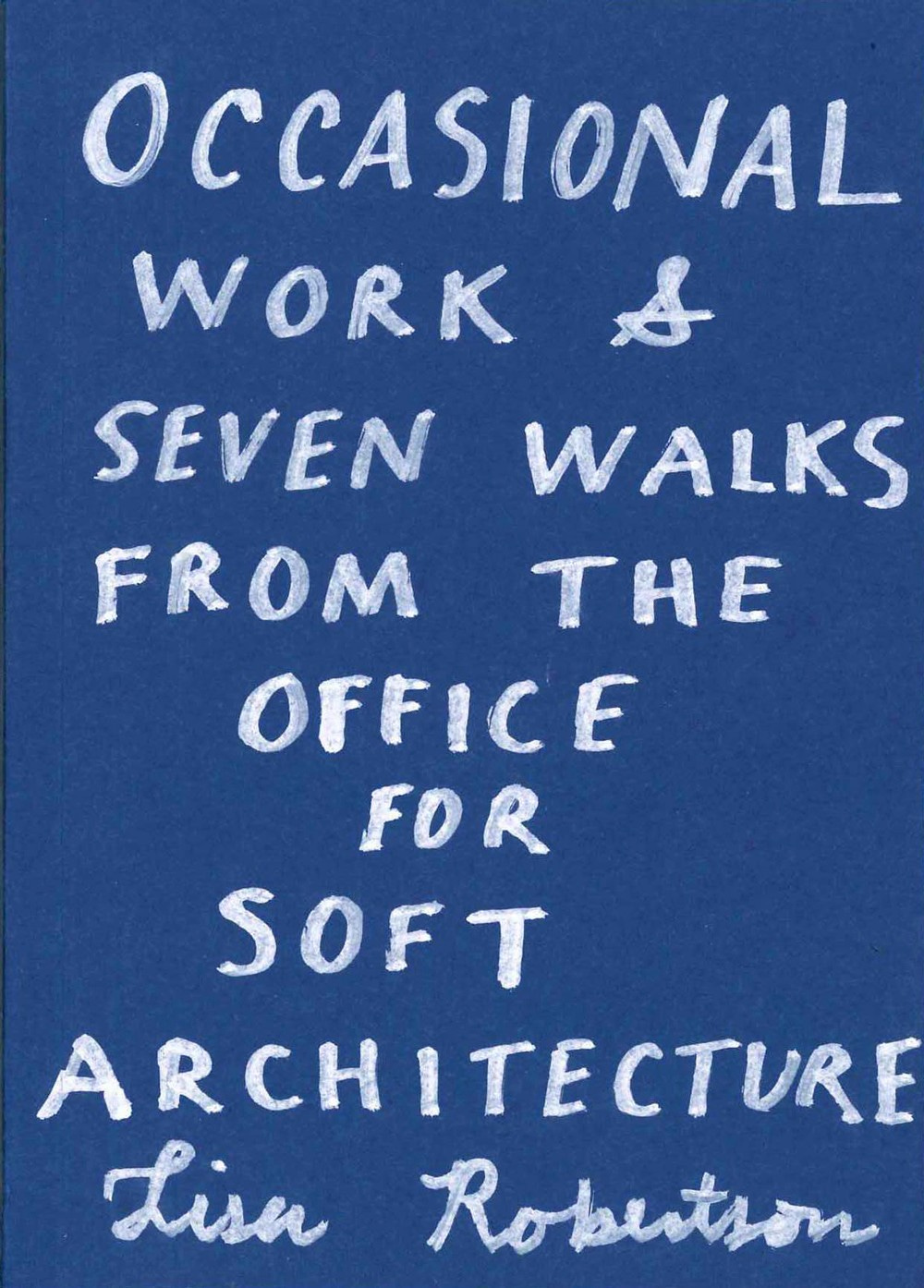pure surface
by Lisa Robertson
Preface:
! What I’m about to share is not my own writing.
I know enough that my read-alouds, with any accompaniment of sincere hand waving, will never bring justice to the profundity of the thing that is written here. Noted, I would dare to call Lisa Robertson a people’s theologian, of which her writing presents an oeuvre of small Bibles on big truths. The vision is a collective exposé on the wallflowers of local ideas and observations. Selfishly, I wish to possess these sermons to myself, laugh loudly at the parts I like best and talk back at the pages on my drive home. But I have relented and am now performing the work of reluctant generosity to acknowledge the faithful communes — our imaginary RV park of sub-urbanists, soft architects, traveling bards, and miscellaneous crowds.
tldr; read this by a campfire; and if you aren’t there yet, find one (thank me later).
Pure Surface - Lisa Robertson
Belief is difficult. It suits us to write in this raw city. Maybe it’s the spanner-framed and buttered light slabbed or trickling into soot, soft clicking of louvred Chanel billboards, puce sky swathing the night-time overpass where on every radio of every taxicab Rousseau croons ‘we are born innocent’ over and over in whining vibrato. The superstores and their parking lots scroll past. Against the distant tile wall of the Advanced Light Rapid Transit facility the city composes itself in the skirts of some teens. All the polished black marble’s stripped from the abandoned modernist newspaper building. For a few days it’s a gothic ruin, the dark steel structure visible, concrete dangling in gangrenous chunks from the knotted firsts of defunct wiring. In the long succession of follies a condo names Portico will soon rise from the reusable site. The daily newspapers have relocated to the suburbs.
The suburb is a received idea, a quoted stupidity, a common-place cliché, a spatial imposter, a couple of curios, an idle machine, a proof of the great chain of simulation. In Flaubert’s Dictionary of Received Ideas it falls between stud-farms and suffering, and close to sybarites. ‘Suburbs: Terrifying in times of revolution.’ Like revolution, the suburb is spurious. But maybe utopia is memory, unbearably simple and symmetrical and practical. Our suburb plants the awkward authenticity of an origin. Here is what we remember:
The hour should be evening and the season summer. It is suppertime, the lesson of manners. Fanning waterworks moisten driveways and sidewalks in synchronized shimmers. Ranks of acid-coloured geraniums border picture windows on both sides of the silent street. The concrete tub on the concrete patios overflow with well-fertilized petunias. Latent diving boards bisect swimming pools to clean for reflection.
The suburb is a child’s Versailles. The long allées, soothing symmetries, weedless clipped lawns and floral parterres unfold the security of a formal order that repeats to the vanishing point vast, the horizon unattainable, the vegetation sparse, symbolic. The spindly blooming tree at the edge of each lawn has grown, has been joined by a motley speckling of unpruned shrubs. Then, the lawns were mostly empty. Everything was visible. The childish comfort of the explicit, the regular, the habitual was piqued by the vagaries of adult bridge parties and the relation of Simplicity tissue-paper patterns to the mothers’ Mary Quant shifts. At dining room tables each afternoon the ideal Quentin toilette ghosted the whirring of Singer sewing machines, puffing of steam irons, the olive broadloom mined with pins, shrill scissoring of cloth, while in backyards kids kissed in lawn chairs under the galvanized antennae towers. We were taught by fathers that if we spun around on the rec room floor until we fell over dizzy, that is how it felt to be drunk.
At noon our bare knees hit the pavement without flinching. Friendship was an exquisitely inflexible choreography of confession and betrayal. Books were weapons.
Everything we learned in the suburb has turned out to be true. In adulthood also we will be watched and corrected by our neighbors, whose own privacies will remain impenetrable. We will strive for clarity and order. We will want flowers and the evening return of pleasantries. We will commute between our desire and our economy. Our little fort will be discovered. We will leave.
Hence the cruel wit of the suburb. Though a completely revealed site, it yield only negative ontologies. The suburb is memory fattening to russet than paling to flush when it bursts before dropping as whiteness on parked cars. While ‘equilibrium’ is a lovely suburban word — with it horse-games and moot-courts and love-games and libraries — it seems sad and impossible that this interminably symbolic landscape finally does not refer to anything other than itself. Like one’s own childhood, the suburb is both inescapable and inescapably difficult to believe in, and as such, intolerably represents an elegance specific to our economy.
📕 Occasional Work and Seven Walks from the Office for Soft Architecture

